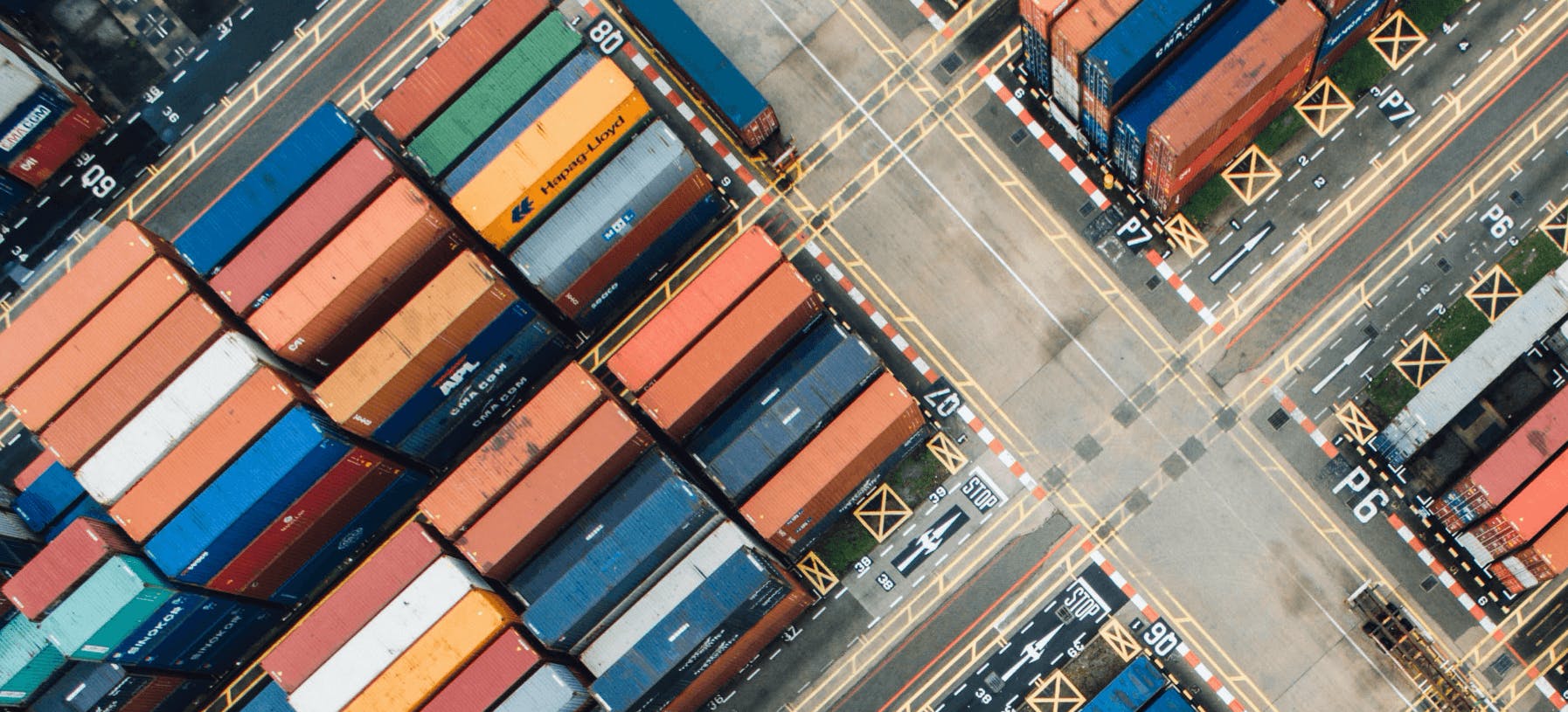Greening Trade 5
The European Union’s Green Deal has prompted a change in pace concerning Europe’s growth model transformation. It has considerably sped up the EU's ambitions to reduce GHG emissions and sets a more binding framework for biodiversity conservation both on land and in waters. In this respect, it calls for a radical transformation of all of Europe's production systems. The Green Deal also places greater emphasis on strengthening sustainability rules on products in circulation in the single market and explores new policy areas, such as corporate due diligence obligations on their entire value chains.
In an ongoing series of policy papers dedicated to the greening of European trade policy, Europe Jacques Delors has explored the theoretical aspects of the international trade and environmental protection relationship, as well as the potential of major new policy options such as the Carbon Border Adjustment Mechanism (CBAM), and the greening of bilateral and multilateral trade agreements at the World Trade Organization (WTO). The main rationale underpinning this research series is that EU trade policy ought to accompany the change in our growth model and promote the adoption of higher environmental standards at the international level.
This fifth policy paper will seek to determine how, and through which instruments the European Union can and must harness its market power to ensure a higher level of supply chain sustainability at the international level, whether through regulation, improved controls, encouragement and supervision of voluntary approaches, or new strategies such as due diligence obligations to ensure the sustainability of supply chains, which have yet to be fully explored and developed.
The European Union can already take advantage of a host of instruments to green international production chains, all the while being in conformity with the WTO's legal framework:
- Environmental regulations on products need to be refined and strengthened, an example being the EU Regulation on Batteries, which requires clear and quantified obligations regarding the recyclability of battery components marketed in the EU;
- market surveillance, which requires new technologies to access information on both products and production methods;
- international standardisation and support for private and voluntary initiatives to raise environmental standards on products through the establishment of international metrics aimed at harmonising environmental standards throughout the world. This would boost the sustainable products market while helping developing countries to strengthen their participative capacities;
- and finally, full transparency of business practices as a condition for market access, together with civil liability for serious violations of EU law relating to human and social rights and the protection of ecosystems.
Each of these instruments must be used to accompany and accelerate this shift in Europe's growth model. Trade policy - through bilateral trade agreements and by making the EU's voice heard at the WTO - will need to help spread this new, more sustainable model around the world, a model which is more respectful of both people and ecosystems.









